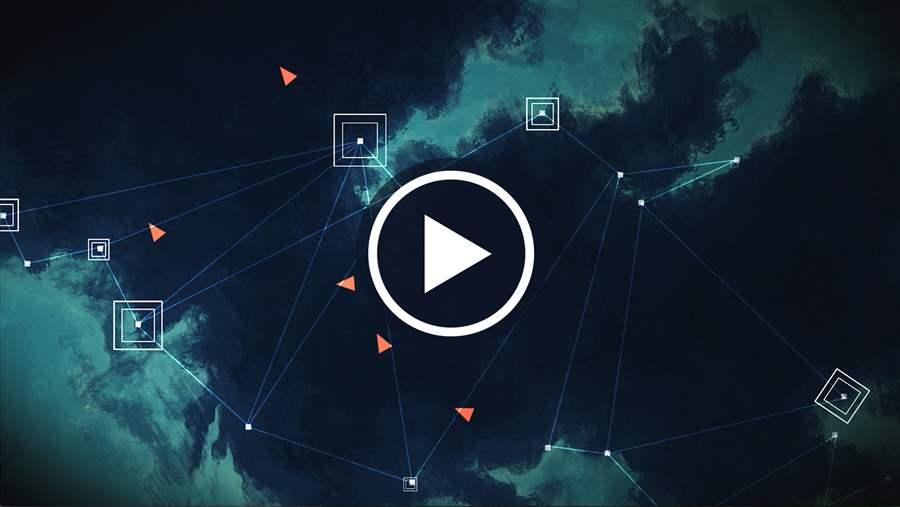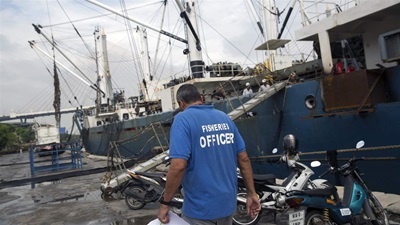And although many industrial fishing operations act within the law, some routinely disregard the rules. They do this in a variety of ways: failing to report their catches, using illegal gear, fishing without licenses, and even painting new names on fishing vessels while at sea to avoid detection by authorities.
This activity skews scientific stock assessments, undermines law-abiding fishers, and deceives consumers who trust that the fish they purchased was caught legally. Allowing illegal fishing to continue could have dire consequences for the health of the oceans, and for all who depend on it.
Pew is focused on building a global system to combat illegal fishing by working with governments, fisheries management bodies, enforcement authorities, and the seafood industry to adopt and implement international agreements and regulations, and form multi-State coalitions that will safeguard and protect their waters.

Illegal, unreported, and unregulated (IUU) catch continues to enter world markets, accounting for up to $23.5 billion worth of seafood each year. To combat this illicit activity, the United Nations Food and Agriculture Organization Agreement on Port State Measures (PSMA) came into force in 2016 after it surpassed 25 ratifications.

Despite the critical role that key species play in marine ecosystems and the billions of dollars they generate for the global economy, there are inadequate rules in place to ensure that catch levels are sustainable.

过度捕捞是海洋面临的最大威胁之一,联合国粮农组织 (FAO) 在 2020 年报告称三分之一的鱼类资源被过 度捕捞,另有近 60% 的鱼类资源无法承受捕捞量的增加。与此同时,联合国报告称生物多样性正在下降, 33% 的海洋哺乳动物、鲨鱼和其他相关物种濒临灭绝。

In the effort to end illegal fishing and other crimes on the sea, enforcement plays a vital role. Daniel Schaeffer, a senior manager working on international fisheries for The Pew Charitable Trusts, strives for effective enforcement of laws intended to end and prevent illegal, unreported, and unregulated fishing.

Every time wild-caught fish is bought at a restaurant, store, or waterfront dock, there is a 1 in 5 chance that it was caught outside of the law. Illegal and unreported fishing worldwide accounts for up to 26 million metric tons of fish annually, worth up to $23.5 billion. This equates to more than 1,800 pounds of wild-caught fish stolen from the seas every second. With nearly 90 percent of the world’s fisheries fully exploited or overexploited, it is more critical than ever that steps be taken to address illegal, unreported, and unregulated (IUU) fishing.









